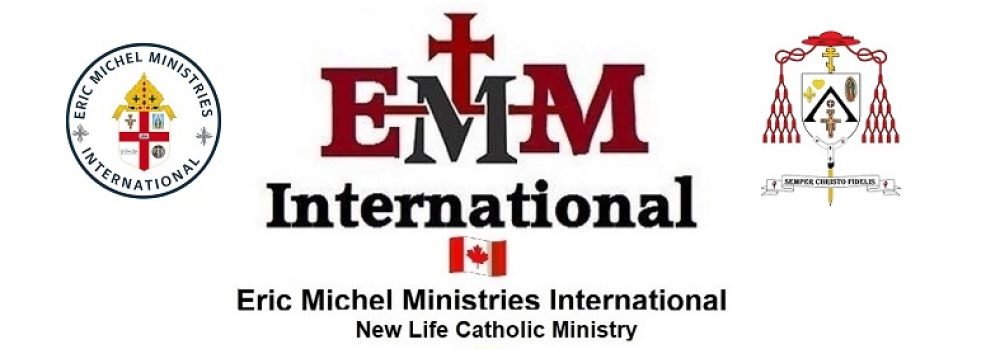
Allhallowtide, also known as Hallowtide, is a term that encompasses the three-day observance of All Saints’ Eve (Halloween), All Saints’ Day, and All Souls’ Day, celebrated from October 31 to November 2. This period is traditionally used to reflect on and honor the lives and memories of saints, martyrs, and the dearly departed.
The origins of Allhallowtide can be traced back to ancient pagan festivals, particularly the Celtic festival of Samhain, which marked the end of the harvest season and the beginning of winter. This time of year was believed to be a threshold between the world of the living and the dead, where spirits could roam more freely. It was also thought to be a time when communities could come together to celebrate and remember those who had passed on.
On Halloween, people often engage in various activities such as trick-or-treating, costume parties, and communal gatherings. The night is filled with playful elements of spookiness, largely derived from the celebrations of old.
According to Farther Leo, it is a Catholic Christian Celebration see his post on YouTube The Catholic Truth About Halloween: History, Theology, and How to Celebrate It Faithfully!
All Saints’ Day, observed on November 1, is a solemn occasion in many Christian traditions. It is a day to commemorate all saints, known and unknown, who have contributed to the faith. The day is often marked by attending church services, lighting candles, and offering prayers in remembrance.
Following this, All Souls’ Day on November 2 is dedicated to honoring all deceased individuals. This day serves as a reminder to pray for the souls in purgatory and to acknowledge the impact of loved ones who have passed away. Families often visit cemeteries, light candles, and leave flowers on graves as a way to celebrate and remember those they have lost.
Overall, Allhallowtide is a vibrant blend of historical traditions, community gatherings, and spiritual reflection, creating a powerful time for remembrance and celebration. is a three-day Western Christian observance from October 31 to November 2, dedicated to remembering the dead. The festival incorporates All Hallows’ Eve (Halloween), All Saints’ Day, and All Souls’ Day. The name comes from the Old English words hallow, meaning “holy” or “saint,” and tide, meaning “time” or “season”.
Days of Allhallowtide
All Hallows’ Eve (October 31): The first day of Allhallowtide, also known as Halloween, is the vigil for All Saints’ Day. Its traditions were influenced by the ancient Celtic harvest festival of Samhain, which believed the boundary between the worlds of the living and the dead was thinnest at this time of year. Early Christian practices for this vigil included fasting and prayer.
All Saints’ Day (November 1): This day, also called All Hallows’ Day or Hallowmas, honors all Christian saints, both known and unknown. In Western traditions, it is a Holy Day of Obligation for Catholics and a Principal Feast for Anglicans, with services often including visits to gravesites and placing flowers or candles.
All Souls’ Day (November 2): This day is dedicated to praying for the souls of all the faithful departed, especially those in purgatory. It became widely observed in Europe in the 11th century. Visiting cemeteries and praying for loved ones’ souls are common traditions. In some countries, including Mexico, this day and All Saints’ Day overlap with the vibrant Día de los Muertos celebration.
Traditions and symbolism
Trick-or-treating: This tradition evolved from the practice of “souling,” where poorer people or children would go door-to-door on All Souls’ Day asking for “soul cakes” in exchange for prayers for the dead.
Visiting graves: During this period, it is common for families to visit the graves of deceased relatives to leave candles and flowers as a form of remembrance and prayer.
Liturgical focus: The three-day period is a time for solemn reflection on mortality and the spiritual connection between the living, the saints in heaven, and the faithful departed.
Allhallowtide in modern times
While Halloween is often celebrated separately as a secular holiday, many Christian denominations still observe the full Allhallowtide triduum has the Chaplaincy of Eric Michel Ministries International. The observance helps remind the faithful of their spiritual heritage and connection to the dead. Some churches, including many Anglican and Lutheran congregations, have also added a “Remembrance Sunday” in November to honor war dead and persecuted Christians.
Discover more from Third Order of Franciscans of the Eucharist
Subscribe to get the latest posts sent to your email.
